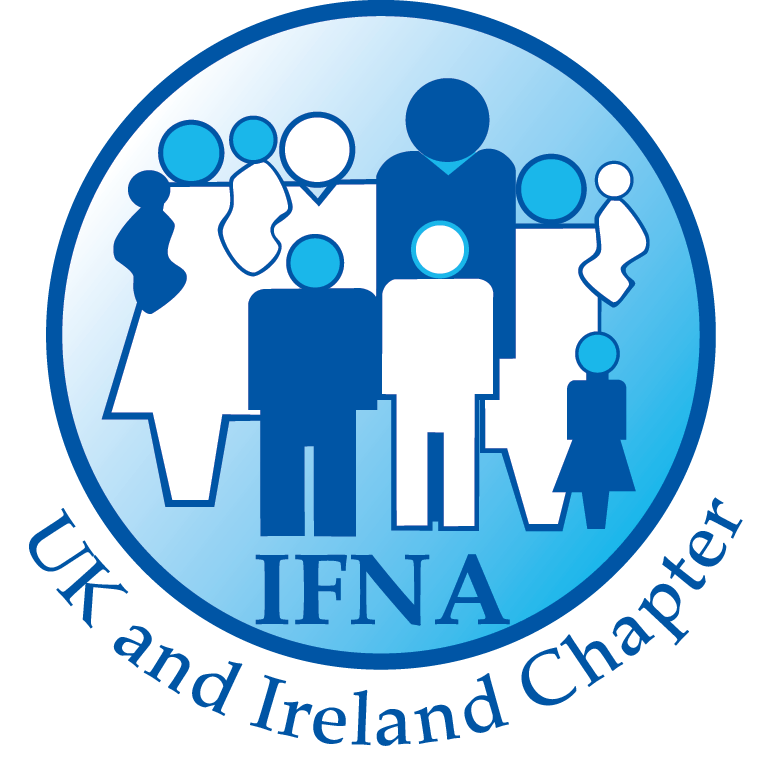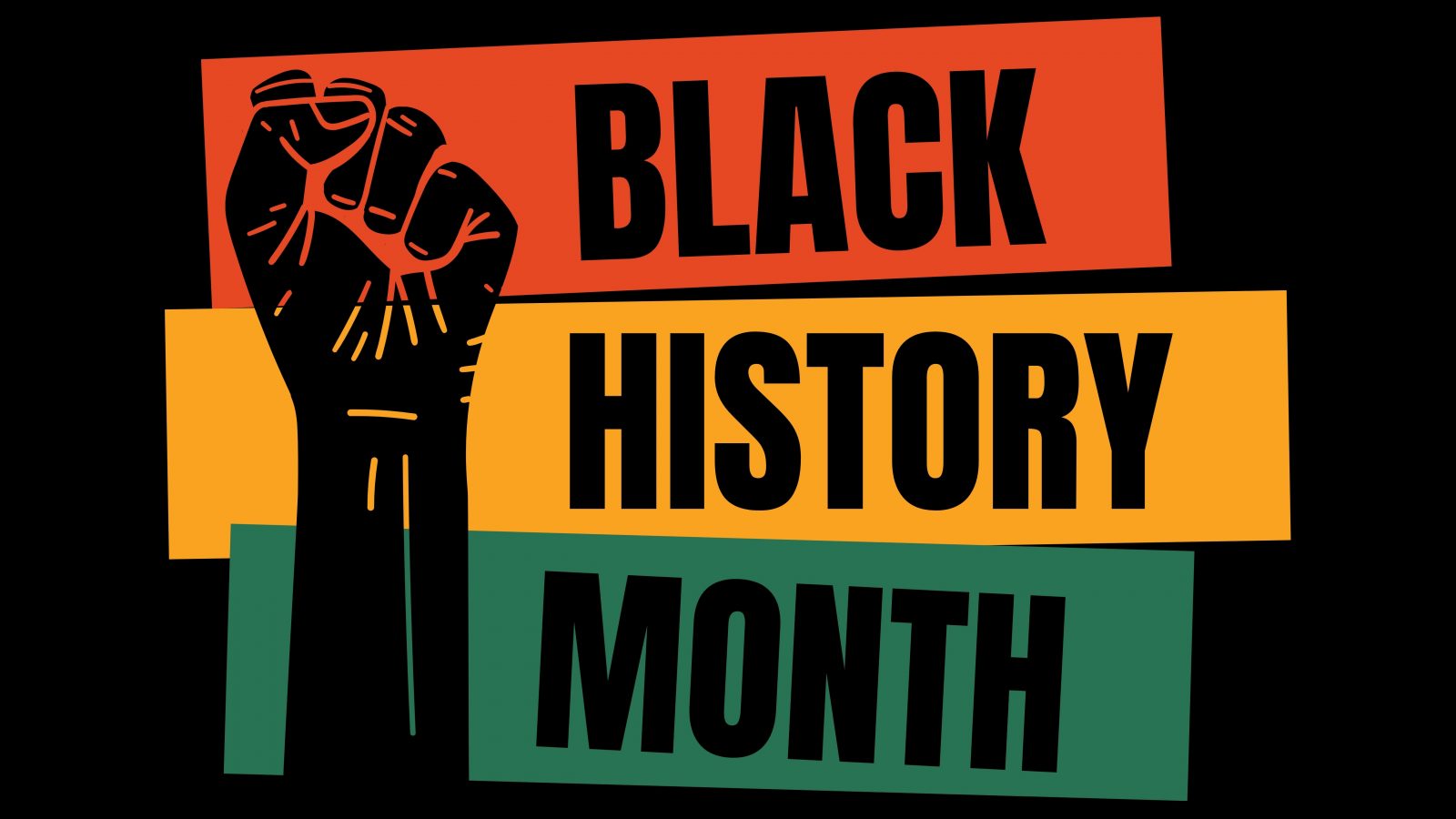Sheffield Hallam University Nursing and Midwifery Minoritised group: the experiences of black student nurses, past and present.
Blog authors:
Lucy Kirkham (Principal Lecturer in Adult Nursing) l.kirkham@shu.ac.uk
Ifrah Salih (Senior Lecturer in Adult Nursing and Academic Development and Diversity) i.salih@shu.ac.uk
Department of Nursing & Midwifery, Sheffield Hallam University
Our NHS really is a diverse organisation: it comprises of a diverse workforce, and it cares for a diverse population. Yet the contributions of these individuals are often overlooked. This makes Black History Month especially poignant for those of us who work in health and social care. Our patients benefit daily from a wealth of knowledge and skill which is delivered by staff from a range of cultures and countries.
We all know about Florence Nightingale. But do we know about Kofoworole Pratt, the first black nurse in the NHS and later a pioneer of nursing in Nigeria? What about Princess Tsehai who cared for sick children during the Blitz at London’s Great Ormond Street Hospital? Or even Mary Seacole who was discriminated against and rejected as a nurse during the Crimean war and so established a hotel for wounded soldiers? Did you know she has a statue in London to commemorate her? But what about the many nurses who travelled on the HMS Empire Windrush in order to staff the new NHS 73 years ago? Many of these women were intensively recruited by the British government to solve a post-war staffing crisis, often funding the expensive journey themselves. The people who made that journey had high expectations and were assured they would train for 3 years in the field of their choice then easily find a job, helping to relieve extensive staffing problems.
In reality the vast majority of women found themselves employed as resident trainees in psychiatric hospitals, caring for the elderly and those suffering post-war trauma (PTSD). Nurse training consisted of a two-tier system back then, if you had the qualifications you could train to be a state registered nurse. But many suitably qualified black women found themselves training to be a state enrolled nurse, which focussed purely on clinical work but not leadership or management. Racial discrimination made it difficult for them to progress in their chosen occupation. They also struggled to get a job in general nursing, instead being sent to live onsite in psychiatric hospitals across the country. They were also discriminated against in the towns they were sent to live, as there were very few black people living there. There are many stories of isolation, racism and rejection.
Fast forward to 2021 and let’s explore whether much has changed in current day nursing education…..
We understand that during the transition stage into university, students undergo a complex and emotional time in their life; they are starting a new educational course, developing new relationships and potentially moving geographical areas. There is an understanding that the transition stage is complex and is not made up from one aspect but from several views, including a sense of belongingness and the ethnicity of the student also plays a large part in this process (Ahmed., et al, 2017). Sleeter (2017) suggests that students from minoritised backgrounds experience greater difficulties in comparison to their white peers due to other factors during study. Suggestions have been made that minoritised students are more likely to leave a course within the transition stage compared to their white peers and that belonging is vital for students from minoritised communities. Students require belongingness to develop meaningful and trusting relationships with their peers and academic staff. Having a sense of belonging allows for positivity regarding their course and their life at university to occur. It can be argued that if students don’t experience this positivity, then this could have an impact on various areas including belonging and potentially the levels of achievement in their degree.
Ifrah Salih, at Sheffield Hallam University developed a student support group called Nursing and Midwifery Minoritised (NMM) for minoritised students in 2018, to enable students to feel that they belonged at our institution and for them to succeed. The group was initially developed for minoritised students only, however following feedback from the students they decided to open the group to all races as the minoritised students expressed that they felt their white peers lacked an understanding of the issues that they faced as well as lack of support from them. This introduced the notion of allyship or if you are active in driving this agenda forward, becoming an active bystander. The group allows students to have counter space to talk openly about the issues and the barriers that they face. This in turn will allow the students to process any negative situations they have faced as well as obtaining peer and academic support. The group have collaborated with external partners such as University of Sheffield BAME Medics society, Royal College of Nursing, Council of Deans (Health) and our placement practice partners to name a few.
Racism in Nursing education exists due to the lack of reflection by the educator and lack of consideration for the student’s background and identity. Epstein, Fonseca, Maclver &Sheldon, (2015) suggests that due to these factors, teachers are not readily equipped to teach to a range of multicultural students. If teachers are not ready for the transition of students into a HEI, then it can be argued that the students are already at a disadvantage. Is it fair that our unpreparedness impacts their life to this degree?
The Nursing and Midwifery department at Sheffield Hallam University have recognised that the concept of whiteness impacts the lives of minoritised students daily especially within education, which has led to the creation of a department mission statement:
“To become an anti-racist, inclusive department within 3 years”
NMM have a working group which is comprised of staff who are passionate about race equity and have an interest in different areas such as placements, employability, research, decolonising the curriculum etc. Different topics are discussed through quarterly away days and the working group develop the work further with practice partners where appropriate
We found that staff were apprehensive as they were scared they may ‘say the wrong thing’ but they felt that the staff away days were a principled space to discuss these pertinent issues. You will see that I have used the term principled space, rather than safe space. This is because we cannot guarantee the emotional and psychological safety of our colleagues. This is an individual, personal journey and some staff have embraced the journey and others are still accepting their white fragility.
If you wish to receive a copy of the model to develop a minoritised group, please email Ifrah Salih
More information about the NMM group can be found here https://sites.google.com/my.shu.ac.uk/nursingandmidwiferyminoritised/home
References
Ahmed, S., Cannon, J., Hughes, A., Jones, L., Marsh, C., Page, N., & Taylor-Steeds, E. (2017). Understanding the different challenges facing students in transitioning to university particularly with a focus on ethnicity. New Directions in the Teaching of Physical Sciences, 12(1).
Epstein, J., Fonseca, E., MacIver, M., & Sheldon, S. (2015). Engaging Families to Support Students’ Transition to High School: Evidence from the Field. The High School Journal, 99(1), 27-45.
Sleeter, C. E. (2017). Critical race theory and whiteness of teacher education. Urban Education , 52, 155 -169.

